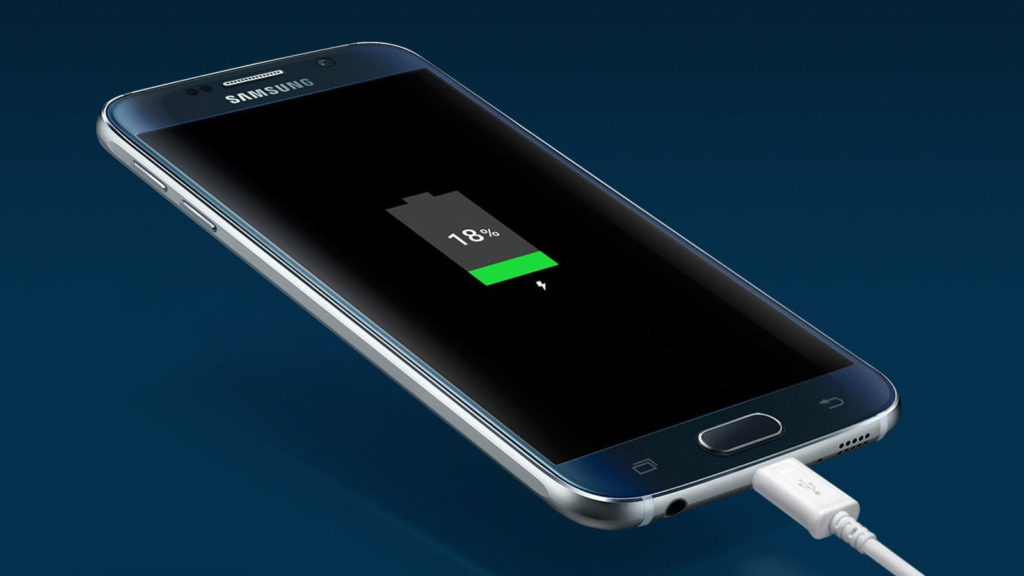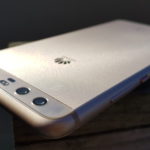Bitcoin has surged to its highest level in a month as global risk sentiment improves and Donald Trump signals renewed support for the crypto sector.
4 older flagship phones that haven’t aged well

Earlier this year, we looked at a few 2016 flagship smartphones that are well worth buying now, mainly due to price drops and/or still providing an excellent experience.
But what about older high-end phones you should be avoiding in the last two years? We’ve got a few picks to stay away from.
LG G4
The G4 was one of my favourite smartphones in 2015, delivering a fantastic camera experience and a slick hardware design. There was just one issue though, as Andy Walker and countless other G4 users can tell you, and that’s the dreaded boot-loop issue.
LG’s leather-clad device was one of a few to suffer from a hardware fault that resulted in the phone refusing to power up properly. But it’s an issue that would mostly rear its head in the months after the phone’s release, rather than right away. An unofficial temporary fix has emerged this year, which sees the phone’s heavyweight CPU cores being disabled to resurrect the handset.
Still, if you’re thinking about buying the G4 now, you really want to keep this issue in mind.
Samsung Galaxy S6
The Galaxy S6 sparred with the G4 in 2015, delivering an iPhone-style design, powerful processor and a competitive camera. The biggest reason to stay away from it though? That would be the battery.
Even back in 2015, the S6 had what was considered a small battery, weighing in at 2550mAh. This resulted in a working day (9-5) of decent usage, but heaven forbid you have an after-work function and no power bank or charger. As with most phones, battery life will get worse as the months go by, but S6 owners will feel it more than others owing to the smaller battery in the first place.
The S6 also foregoes water-resistance and microSD support, unlike its predecessor and successors. Clearly a case of style over substance then.
OnePlus 2
The Oppo-linked company emerged out of nowhere to deliver the OnePlus One, arguably the original “affordable flagship”. So expectations were high for the follow-up smartphone.
The OnePlus 2 used the notorious Snapdragon 810 processor, but that isn’t the reason why you should leave this phone in the dust. Instead, the company failed to upgrade the device from Android 6.0 to Nougat, despite promising to do so.
It’s not a train smash if you want the phone, but you’re better off getting the OnePlus 3/3T or Xiaomi Mi 5 if you want an older, affordable flagship.
Microsoft Lumia 950/950XL
We haven’t seen a new Lumia flagship since 2015, when the Lumia 950 and 950XL launched. The phones packed a Snapdragon 808 and Snapdragon 810 chip respectively, great cameras, as well as Microsoft’s intriguing Continuum for Phones feature. Pretty cool, right?
Unfortunately, they’re running Windows 10 Mobile, which has seen a ton of iterative updates but few (if any) feature updates since its 2015 launch. In fact, knowing Microsoft, the phones won’t be compatible with the ARM version of Windows 10 when it inevitably launches. Throw in an app situation that has somehow gotten worse (even Microsoft ignores it) and you’ve got reason to avoid them.

